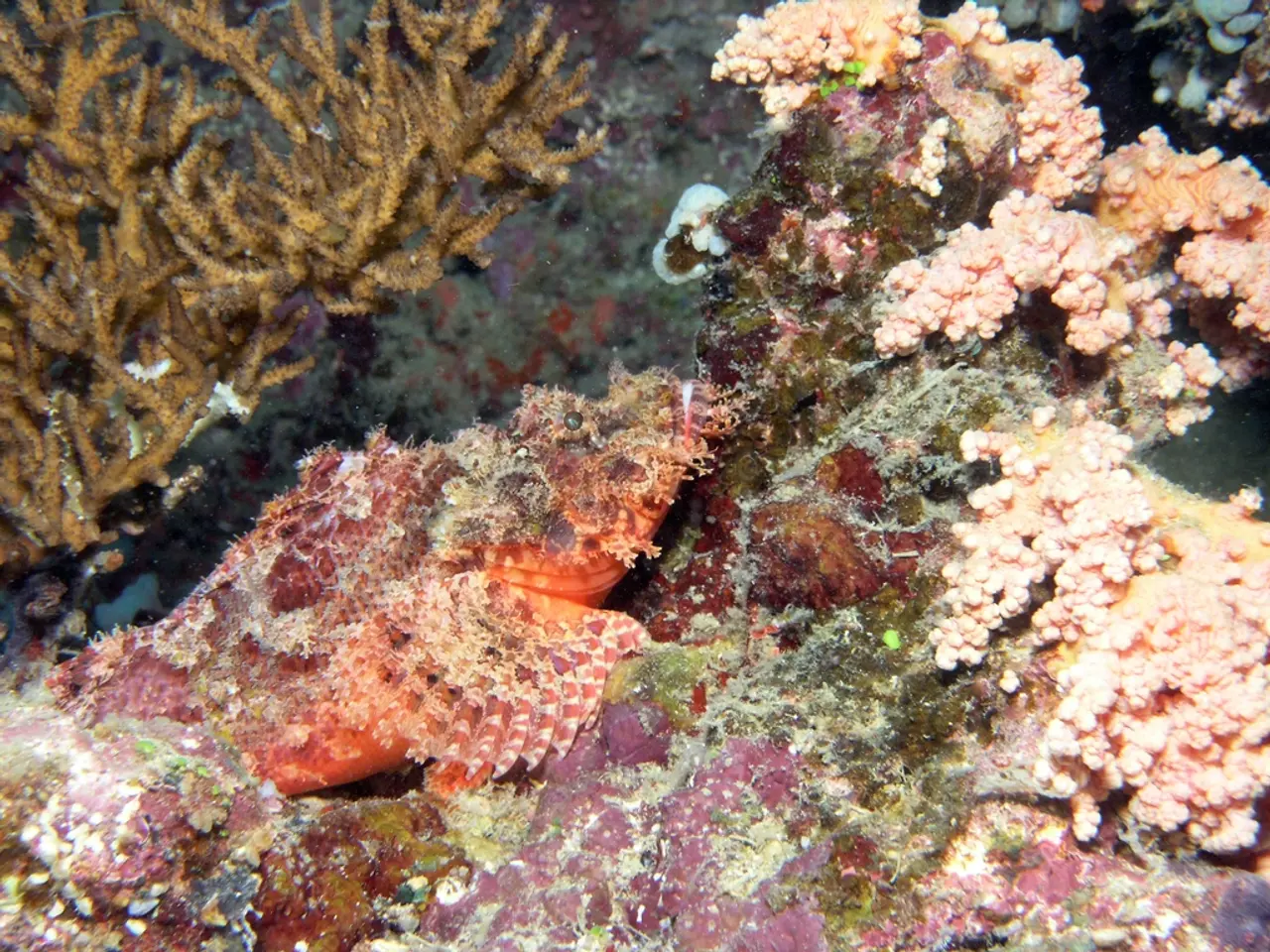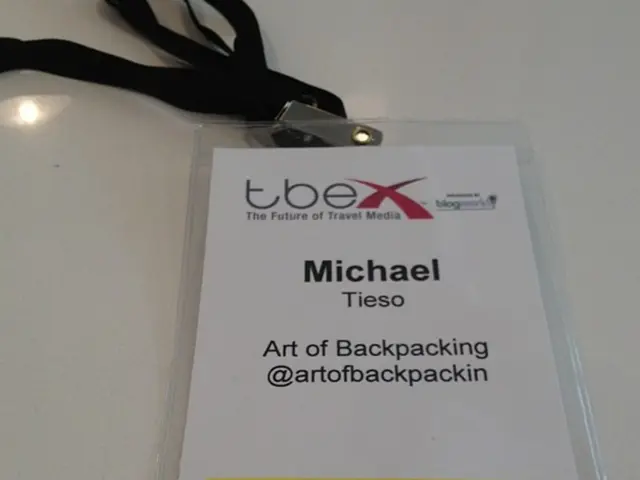Japan is set to spearhead a pioneering deep-sea mineral retrieval initiative, aiming to be the first nation to achieve this feat.
In the global race to secure rare earth elements (REEs), a crucial component in various technologies such as electric vehicles, wind turbines, and missiles, Japan is taking a significant step. The Japanese deep-sea scientific drilling boat, the Chikyu, is set to embark on a test cruise in January, aiming to extract 35 tonnes of mud from the sea floor around the remote island of Minami Torishima in the Pacific.
This mission, not related to China's dominance in REE production, is part of Japan's Cross-ministerial Strategic Innovation Promotion Programme. The goal is to test the function of all mining equipment, and the amount of sediment extracted does not matter. Each tonne of mud is expected to contain around two kilograms (4.4 pounds) of rare earth minerals.
China currently controls an estimated 90-95% of the world's rare earth processing capacity, a fact that has raised global concerns about supply security. Japan's initiative, backed by a $200 million budget through JOGMEC (Japanese Oil, Gas and Metals National Corporation) in 2025, represents a potential game-changer for the global rare earth landscape.
The U.S. is also pursuing deep-sea mining opportunities to reduce its dependence on China. The U.S. government has enacted executive orders to expedite permitting for deep-sea mining activities, positioning this move as part of a broader strategy to counter Chinese dominance in critical mineral supply chains.
As nations invest in deep-sea mining, competition will intensify for seabed mineral rights, often involving Pacific island nations and international law. The International Seabed Authority, which has jurisdiction over the ocean floor outside national waters, is meeting later this month to discuss a global code to regulate mining in the ocean depths.
Deep-sea mining faces high technical barriers and environmental concerns, which can influence commercialization timelines and economic viability. However, the potential benefits for supply security and technological capacity building are significant. Japan's initiative, by simultaneously developing extraction and processing technologies, aims to overcome Western processing bottlenecks.
In summary, the Chikyu's test cruise marks a new chapter in the global race for REEs. If successful, it could potentially break China’s near-monopoly and enhance supply security for high-tech manufacturing sectors worldwide. However, significant engineering, environmental, and geopolitical challenges remain.
- The business of rare earth element (REE) extraction is becoming increasingly competitive, with Japan taking a significant step in its Cross-ministerial Strategic Innovation Promotion Programme.
- The environment is a crucial concern in the race to secure REEs, as the extraction process can have significant impacts on ocean ecology.
- Science plays a vital role in this competition, as advancements in the field of environmental-science are essential for ensuring sustainable extraction methods.
- Climate-change is another issue that intertwines with REE extraction, as the technology industry's reliance on REEs contributes to global warming.
- The industry is also influenced by politics and policy-and-legislation, as nations like Japan and the U.S. are investing in deep-sea mining to counter Chinese dominance.
- Finance and economics are significant factors in this competition, as a $200 million budget through JOGMEC has been allocated for Japan's REE extraction project in 2025.
- Additionally, issues such as war-and-conflicts, crime-and-justice, general-news, and technology are all interconnected with the global race for REEs, as the control of these elements can impact geopolitical dynamics and technological advancements.




